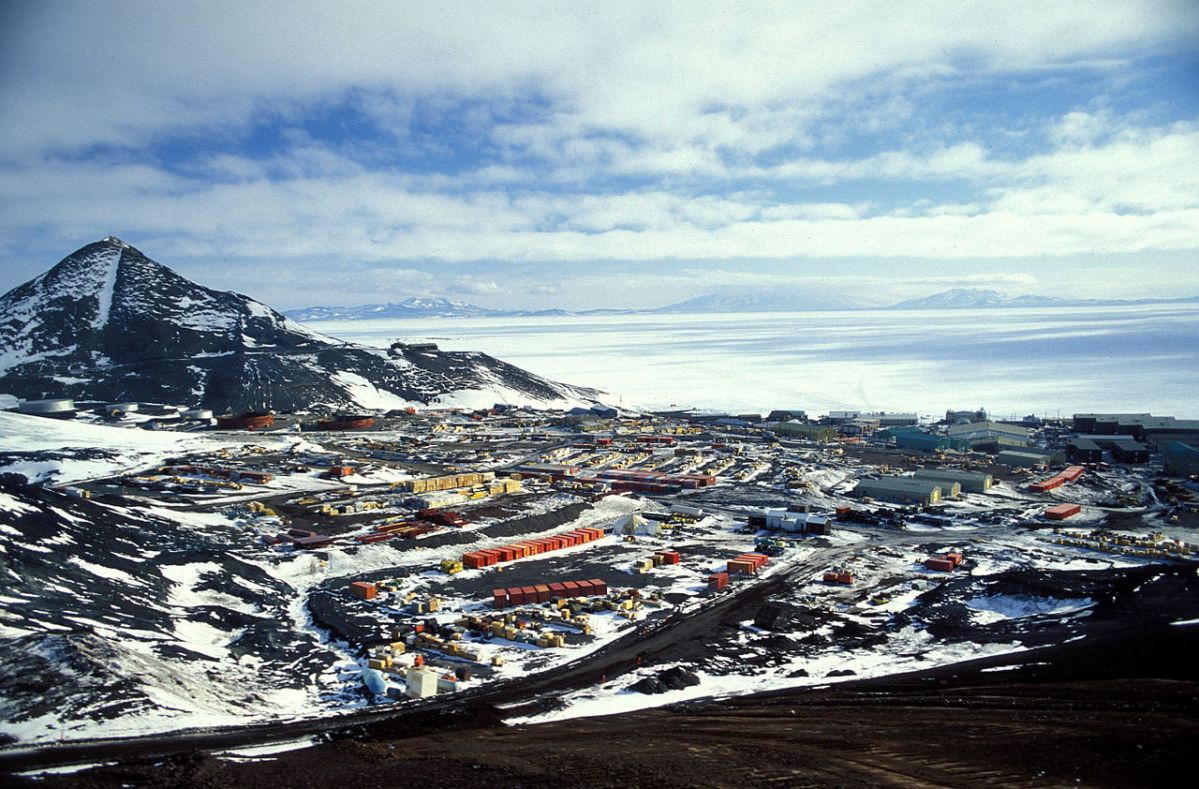Could social isolation change the way we speak? A new study of a group of people working together in isolation in Antarctica reveals that it just might — depending, at least, on the size of your group.
Writing at Atlas Obscura, Isaac Schultz explores a new study which recently appeared in the Journal of the Acoustical Society of America. The study showed the ways in which a group of 11 people who spent 4 months together began to speak in a similar manner.
Much of what defines an accent comes from an individual’s vowel space — think the difference between “chowder” in Boston and New York. In Antarctica, one example was the “ou” sound at the end of “backhoe.” Over time, the team began fronting the end of the word — that is, shaping the sound closer to the front of their mouths.
It’s a study with significant implications, both in terms of how accents begin and how our current period of social isolation might alter how we speak. Schultz quotes Jonathan Harrington, a linguist and the main author of the study, on areas where this could apply to the present situation.
Harrington takes as an example villages in Italy which might be isolated from the rest of the country for a while. He contends that “they would actually start to show signs of developing their own accent.” This isn’t too likely for those of us hunkering down in houses or apartments, as phone calls and videoconferencing provide measures of contact with the larger world.
Still, it’s not hard to see why the idea of people emerging from social isolation and speaking in a radically different way is so alarming — or so compelling.
Subscribe here for our free daily newsletter.
Thanks for reading InsideHook. Sign up for our daily newsletter and be in the know.

















